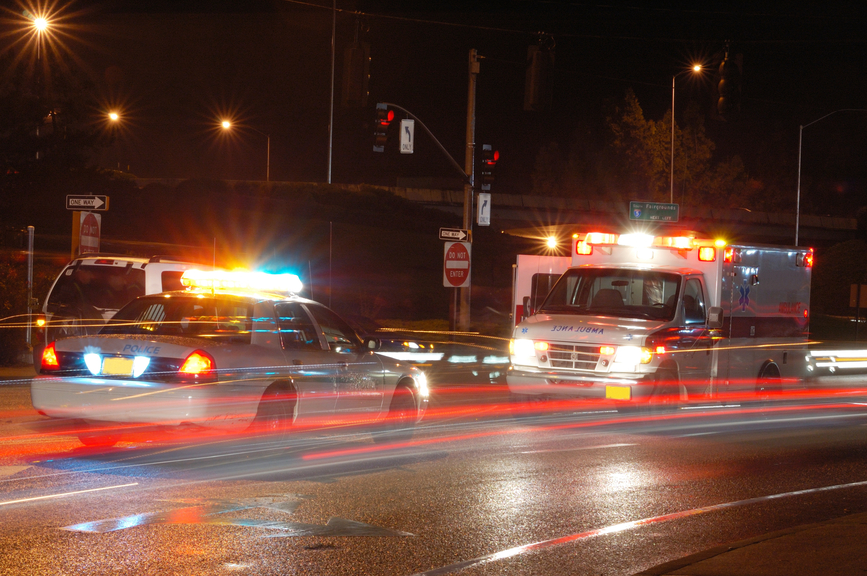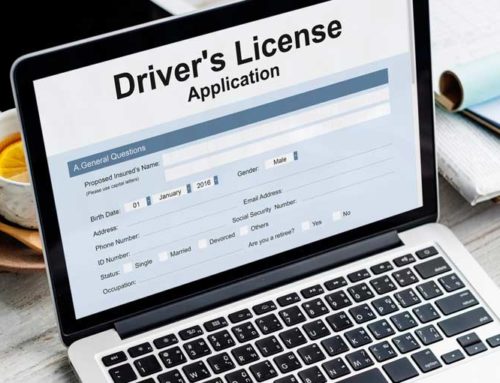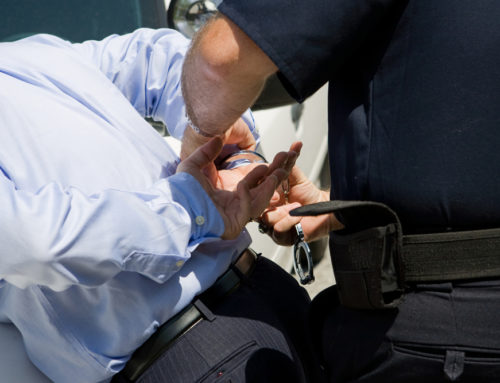A DUI field video must show an Officer reading a suspect his Miranda Rights
South Carolina Courts have long affirmed the legislature’s strict requirement that certain things be present on the field videotape in a DUI case. In Henkel, the Supreme Court once again adheres to this standard in determining that a field videotape in a DUI case did not comply with the statute where it did not contain video footage of the Officer reading the DUI Defendant his Miranda rights. If you have been charged with a DUI, contact a DUI defense attorney at Pisarik Law Firm to discuss your DUI defense today. 803-415-2733.
Case:
State v. Henkel Appellate Case No. 2011-184986 (S.C. Ct. App. 2013)
Issue:
Did a Carolina Highway Patrol (SCHP) Officer in a DUI case fail to comply with the DUI videotape requirements in SC Code section 56-5-2953 (2006), where the Officer read the Defendant his Miranda rights while he was in an ambulance but did not videotape the reading of those Miranda rights?
Facts:
Around 1:00am, Lillie Chastain called 911 to report a vehicle driving erratically on I-385. She witnessed the vehicle hit a bridge and overturn in a ditch. The driver of the vehicle got out of the vehicle, jumped a fence, and fled the scene. Around 4:00 or 5:00am, Sergeant Hiott of the South Carolina Highway Patrol responded to a call indicating the possible driver of that vehicle had been located on I-385. When Sergeant Hiott responded he pulled to the front line of the emergency vehicles on the side of the interstate. Sergeant Hiott found the driver of the vehicle, Gregg Henkel, in an ambulance. Sergeant Hiott jumped into the ambulance and smelled alcohol on Henkel. Sergeant Hiott then read Henkel his Miranda rights, and performed an HGN test. After performing the HGN test, Sergeant Hiott determined that Henkel was driving under the influence and moved him to the side of his patrol vehicle. There, Sergeant Hiott had Henkel recite his ABCs. Henkel failed that test and admitted to being the driver of the wrecked vehicle.
During the trial, Sergeant Hiott indicated that he turned on his video camera and microphone by the remote control on his belt. However, Sergeant Hiott did not activate the video camera and microphone until after he read Henkel his Miranda rights but before he performed the HGN test. Henkel was found guilty of DUI and later appealed that decision.
Holding:
The Court of Appeals concluded that Sergeant Hiott violated the DUI videotaping statute 56-5-2953(A)(2006), because he did not begin his recording until after he read Henkel his Miranda rights. Thus, the verdict in the trial was reversed. The 2006 version of 56-5-2953(A) required:
(A) A person who violates Section 56-5-2930… must have his conduct at the incident site …videotaped.
(1) The videotaping at the incident site must:
(a) begin not later than the activation of the officer’s blue lights and conclude after the arrest of the person for a violation of Section 56-5-2930…; and
(b) include the person being advised of his Miranda rights before any field sobriety tests are administered, if the tests are administered.
Here, the Court upheld a standard of strict compliance with the DUI videotaping statute. Even though Sergeant Hiott was inside an ambulance, the Court found that did not excuse the requirement to videotape the reading of Miranda rights before administering field sobriety tests.
While the Court again affirmed a standard of strict compliance with the DUI videotaping statute, they declined to make a decision about whether audiotaping field sobriety tests is sufficient to comply with the videotaping statute. This decision will likely come before the Court in a future case.
Call a DUI Defense Lawyer at Pisarik Law Firm to Discuss your DUI Defense
As State v. Henkel again reminds us, just because you have been charged with DUI does not mean that you are guilty of DUI. Contact an experienced DUI attorney at Pisarik Law Firm today to discuss your DUI defense. Initial consultations are free of charge. Put our trial experience to work for you. 803-415-2733






